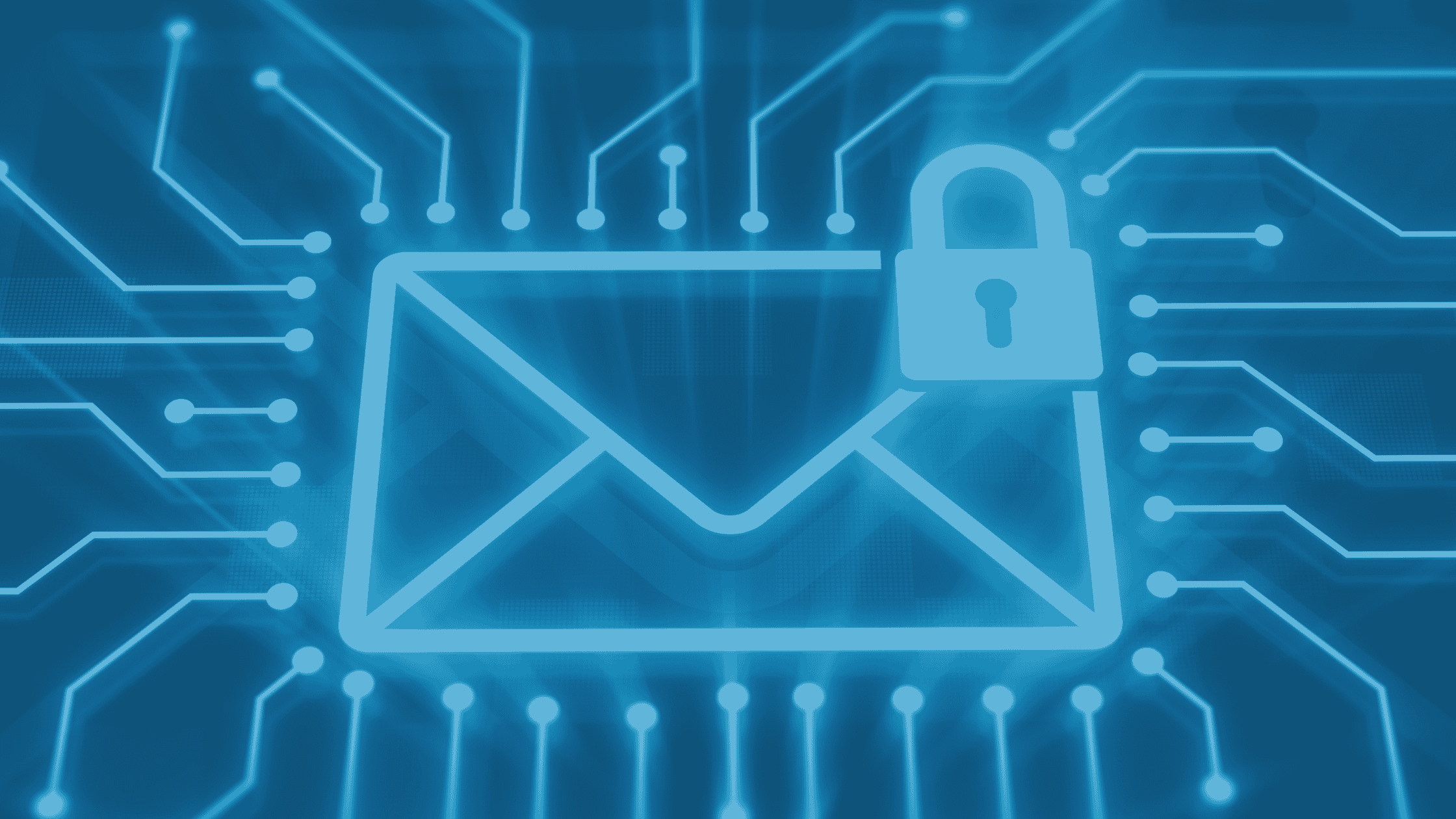Email security is a top priority for businesses as cyber threats, phishing scams, and malware attacks continue to rise. Two of the most recognized email security solutions today are Proofpoint Email Security and Protection and Check Point Harmony Email & Collaboration. Both platforms offer robust protection, but they come with their own strengths and weaknesses. This article compares Proofpoint vs. CheckPoint to help businesses make informed decisions.
Proofpoint Email Security and Protection Email
Pros:
Advanced Threat Detection – Proofpoint utilizes AI-driven threat intelligence to block phishing, ransomware, and BEC (Business Email Compromise) attacks before they reach inboxes.
Comprehensive Data Loss Prevention (DLP) – Helps organizations prevent accidental or malicious data leaks through email.
Robust Email Encryption – Ensures sensitive data remains secure during transmission.
User Awareness Training – Integrated security awareness training reduces human error and phishing susceptibility.
Industry-Leading Threat Intelligence – Proofpoint leverages extensive cybersecurity research and analytics to keep threats at bay.
Cons:
Higher Cost for Small Businesses – While ideal for enterprises, Proofpoint’s pricing can be higher for small to mid-sized businesses.
Complex Initial Setup – Some users report that deployment requires advanced IT knowledge and can be time-consuming.
Limited Integration with Certain Cloud Platforms – Although widely compatible, some users find integration with lesser-known platforms challenging.
Check Point Harmony Email & Collaboration
Pros:
Comprehensive Cloud Email Security – Check Point protects cloud-based email platforms like Microsoft 365 and Google Workspace.
AI-Powered Threat Prevention – Uses machine learning to analyze and block suspicious emails, reducing phishing risks.
Integrated Protection for Collaboration Tools – Secures platforms like Slack, Microsoft Teams, and Zoom, making it ideal for remote teams.
User-Friendly Dashboard and Setup – Easier to deploy and manage compared to some competitors.
Cost-Effective for SMBs – Check Point offers affordable plans catering to small and large businesses.
Cons:
Less Customization Options – While it provides strong out-of-the-box security, businesses requiring deep customization may find it limited.
Lower Brand Recognition – Compared to Proofpoint, Check Point’s email security solution is newer and less widely known in some industries.
Limited Awareness Training Features – Check Point focuses less on employee training and phishing simulation than Proofpoint.
Which Email Security Solution is Right for You?
Choosing between Proofpoint and CheckPoint depends on your business needs:
- Due to its advanced threat intelligence, encryption, and DLP features, Proofpoint is the better choice for large enterprises and organizations handling sensitive data.
- For SMBs and cloud-first companies, Check Point is a strong option with cost-effective, AI-powered protection that integrates seamlessly with collaboration tools.
Final Thoughts
Proofpoint Email Security and Protection and Check Point Harmony Email & Collaboration are top-tier solutions providing exceptional email security. Businesses should evaluate their budget, IT resources, cloud dependency, and customization needs before deciding. GCG can assist with budgeting and evaluation and act as your CSP to source both solutions, ensuring you get the right fit for your organization.

